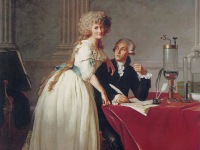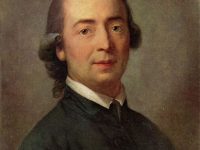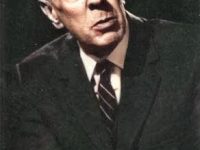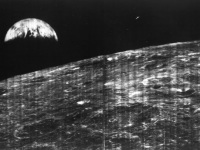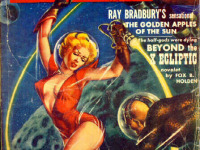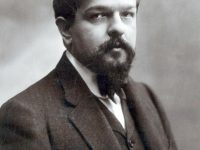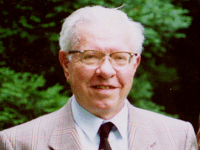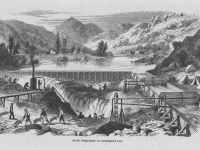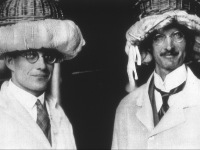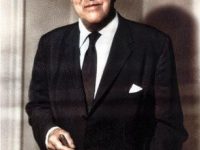Modern Chemistry started with Antoine Lavoisier
On August 26, 1743, French nobleman and chemist Antoine Laurent de Lavoisier was born. De Lavoisier is considered as one of the fathers of modern chemistry. “We must trust to nothing but facts: These are presented to us by Nature, and cannot deceive. We ought, in every instance, to submit our reasoning to the test of experiment, and never to search for truth but by the natural road of experiment and observation.”…
Read more

